Author: Rosalynde Welch
-
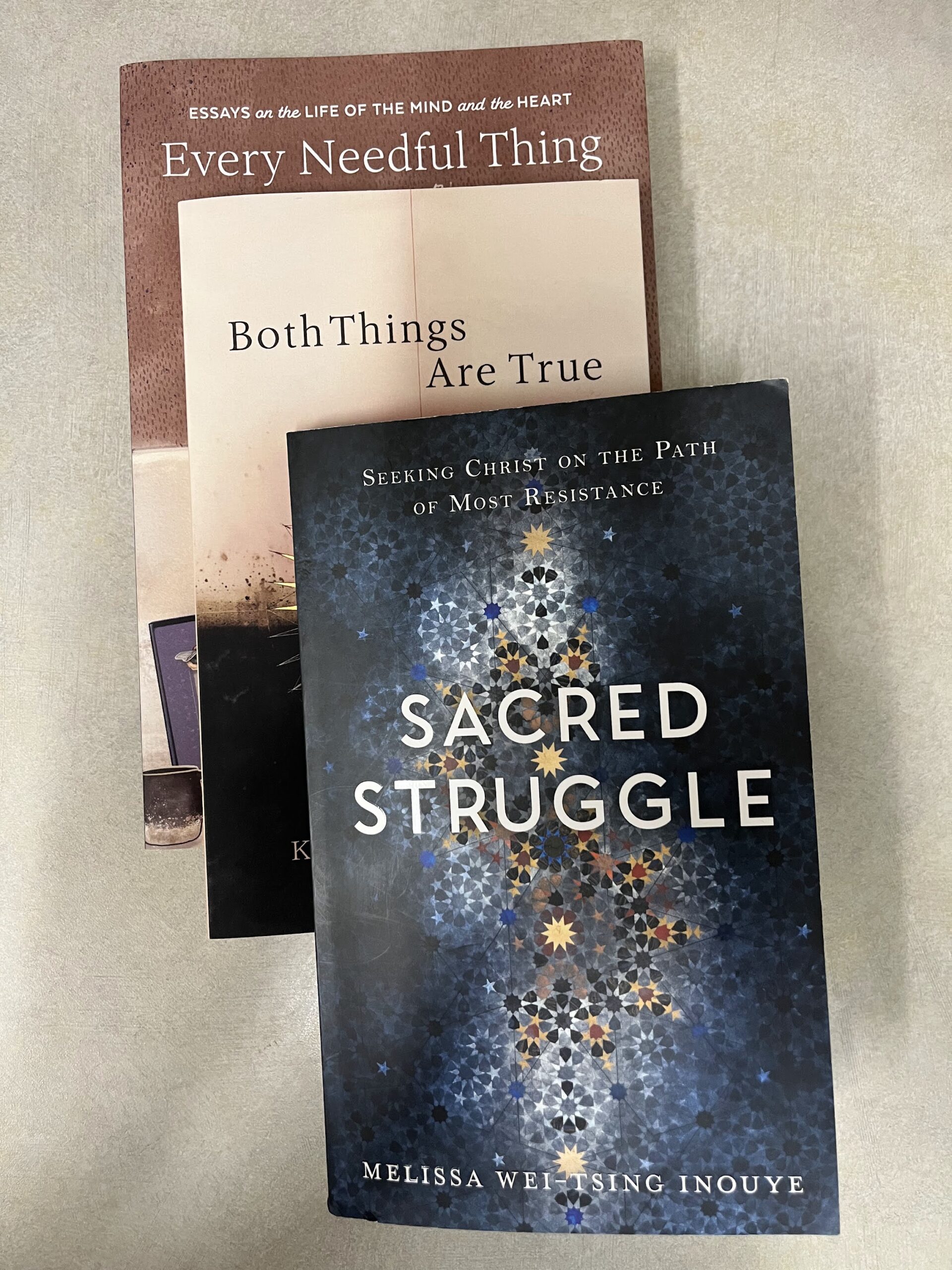
Review: Melissa Wei-Tsing Inouye, “Sacred Struggle: Seeking Christ on the Path of Most Resistance”
Melissa Wei-Tsing Inouye’s new book, Sacred Struggle: Seeking Christ on the Path of Most Resistance, confirms her status as reigning queen of great subtitles. It also confirms her status as one of our tradition’s most insightful pastoral-ecclesiological thinkers, worthy heir to the great Chieko Okazaki. Melissa has the professional training, the personal background and experience,…
-
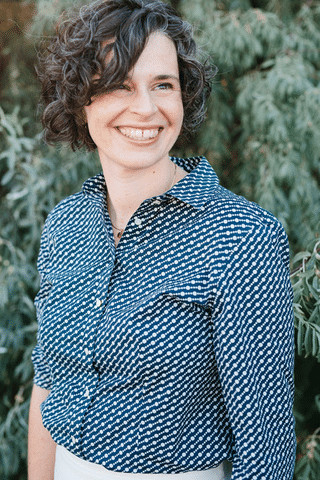
In Memoriam, In Mourning: Kate Holbrook (1972-2022)
Times & Seasons friend and guest blogger Sam Brown has shared with us the obituary of his wife, eminent Latter-day Saint historian Kate Holbrook. We are honored to remember Kate’s contributions to LDS women’s history as co-editor of, among other volumes, At the Pulpit: 185 Years of Discourses by Latter-Day Saint Women, The First Fifty…
-
“Let God Prevail”
I share here a sacrament meeting talk I delivered recently in my St Louis congregation. I suspect there have been many other such sermons on the same topic delivered in wards around the globe over the past three months. President Nelson’s October address seems to have made a powerful impression on our people in this…
-
Let Your Light So Shine
You are the light of the world. A city set on a hill cannot be hidden; nor do people light a lamp and put it under a basket, but on the lampstand, and it gives light to all who are in the house. Your light must shine before people in such a way that they…
-
Producing Ancient Scripture: Q&A with Editors Mark Ashurst-McGee and Mike MacKay
Following on Chad’s recent discussions, I’m happy to share another offering in what has become a T&S mini–series on the recent volume Producing Ancient Scripture: Joseph Smith’s Translation Projects in the Development of Mormon Christianity (Salt Lake City, UT: The University of Utah Press, 2020). Editors Mark Ashurst-McGee and Mike MacKay here respond to my…
-
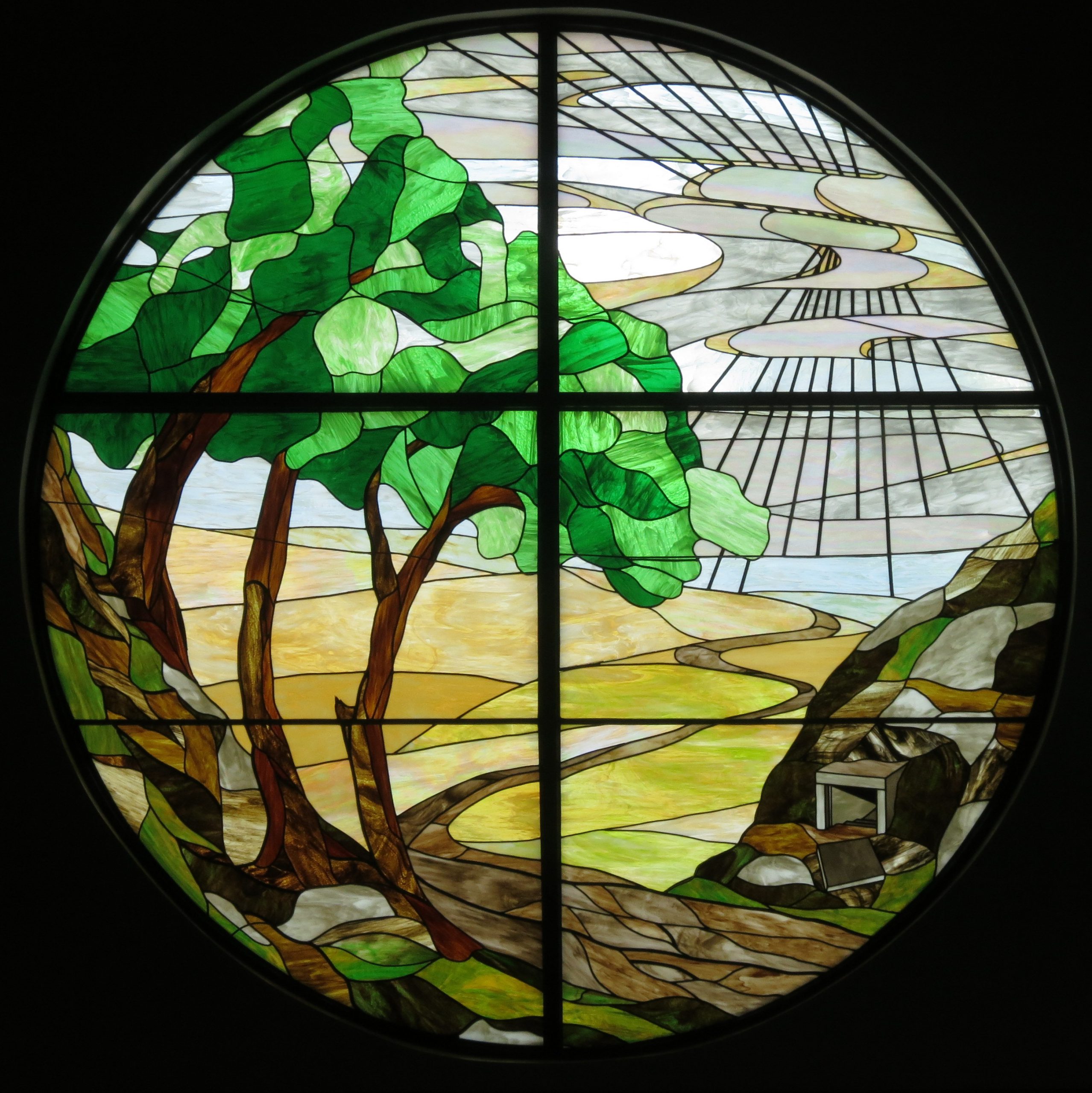
Empty Tomb, Empty Heart: An Easter Sermon
Last Sunday, my extended family gathered by videoconference to share Easter communion. My sister Rachel Frandsen Jardine delivered this sermon from her home in Lima, Peru. It moved me as much as anything I’ve ever heard in a chapel. Thanks to Rachel for allowing me to share it here. At Easter, we try to…
-
Review: Melissa Wei-Tsing Inouye, “Crossings: A Bald Asian American Latter-day Saint Woman Scholar’s Ventures through Life, Death, Cancer & Motherhood (Not Necessarily in that Order)”
A couple of years ago I spent an afternoon digging weeds from my lawn, sweating into a soupy heat with podcasts for company. The talk-worn topics of online Latter-day Saint discussion skated past–power and privilege, margin and center, faithfulness and critique, one familiar beat after another. In a moment, it dawned on me that this…
-
Summer Seminar in Theology 2020: Call for Applications
The 7th Annual Summer Seminar on Latter-day Saint Theology “A Wrestle Before God: Reading Enos 1” Université Bordeaux Montaigne, Bordeaux, France June 22–July 4, 2020 Sponsored by the Latter-day Saint Theology Seminar in partnership with The Laura F. Willes Center for Book of Mormon Studies, The Neal A. Maxwell Institute for Religious Scholarship, and…
-
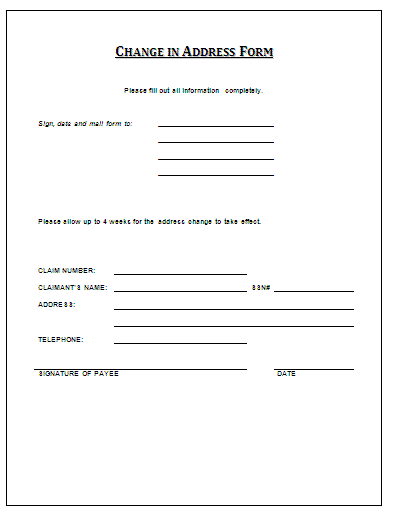
When God Changes Address
One of the many striking episodes in the life of the prophet Elijah is his nearly-missed encounter with God atop Mt Sinai. Discouraged by the failure of his prophetic zeal to reform the Israelites, Elijah is instructed by the word of the Lord to go forth and stand on the mountaintop. It is not…
-
Faith in a Secular Age
I’m pleased today to share a guest post from friend of the blog, Samuel Morris Brown. A related symposium on “Faith in a Secular Age” will be held March 1 & 2 at Brigham Young University. Sam Brown, myself, and T&S emeriti Nate Oman and Jim Faulconer, together with other fine scholars, will speak. The symposium…
-
Book of Mormon Studies Association Call for Papers
It appears to be the season of conference submission notifications! The Third Annual Meeting of The Book of Mormon Studies Association October 11-12, 2019 Utah State University The Book of Mormon Studies Association (BoMSA) is pleased to announce its third annual meeting, to be held October 11–12, 2019, at Utah State University. The event is…
-
Call For Applications: 2019 Mormon Theology Seminar
I am delighted to share the Call for Applications announcement for next year’s Mormon Theology Seminar. I will be co-directing the seminar at New York’s Union Theological Seminary with Joseph Spencer on the text of D&C 25. We believe the seminar text, process, and leadership have the potential to produce important work on gender and…
-
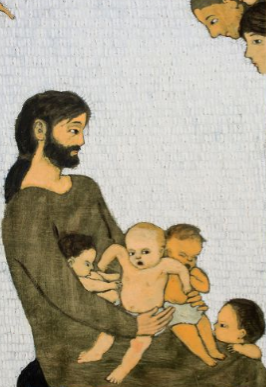
Suffer the Children
It’s my pleasure to share here a guest post from my friend Samuel Morris Brown. By inclination, I’m something of a misanthrope. I’m not sure where I came by this trait. Maybe it’s good old-fashioned nature, some mixture of a thousand different genes that makes me by default uninterested in other human beings. Maybe I’ve…
-
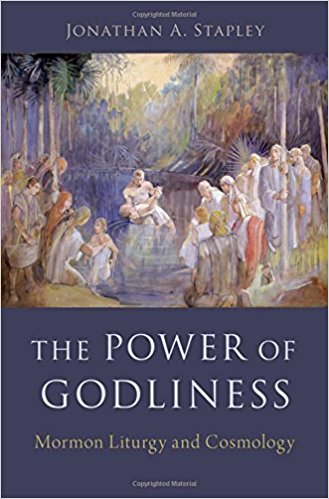
Review Essay: “The Power of Godliness: Mormon Liturgy and Cosmology”: Materiality and Performance
Like a paring knife to a grapefruit, Jonathan Stapley’s new book on the history of Mormon cosmology is slim, sharp, and swift to carve through pith, serving up elegant wedges of history. The Power of Godliness: Mormon Liturgy and Cosmology (Oxford, 2018) traces the evolution of ritual practice in Mormonism, including priesthood ordination, sealing rites,…
-
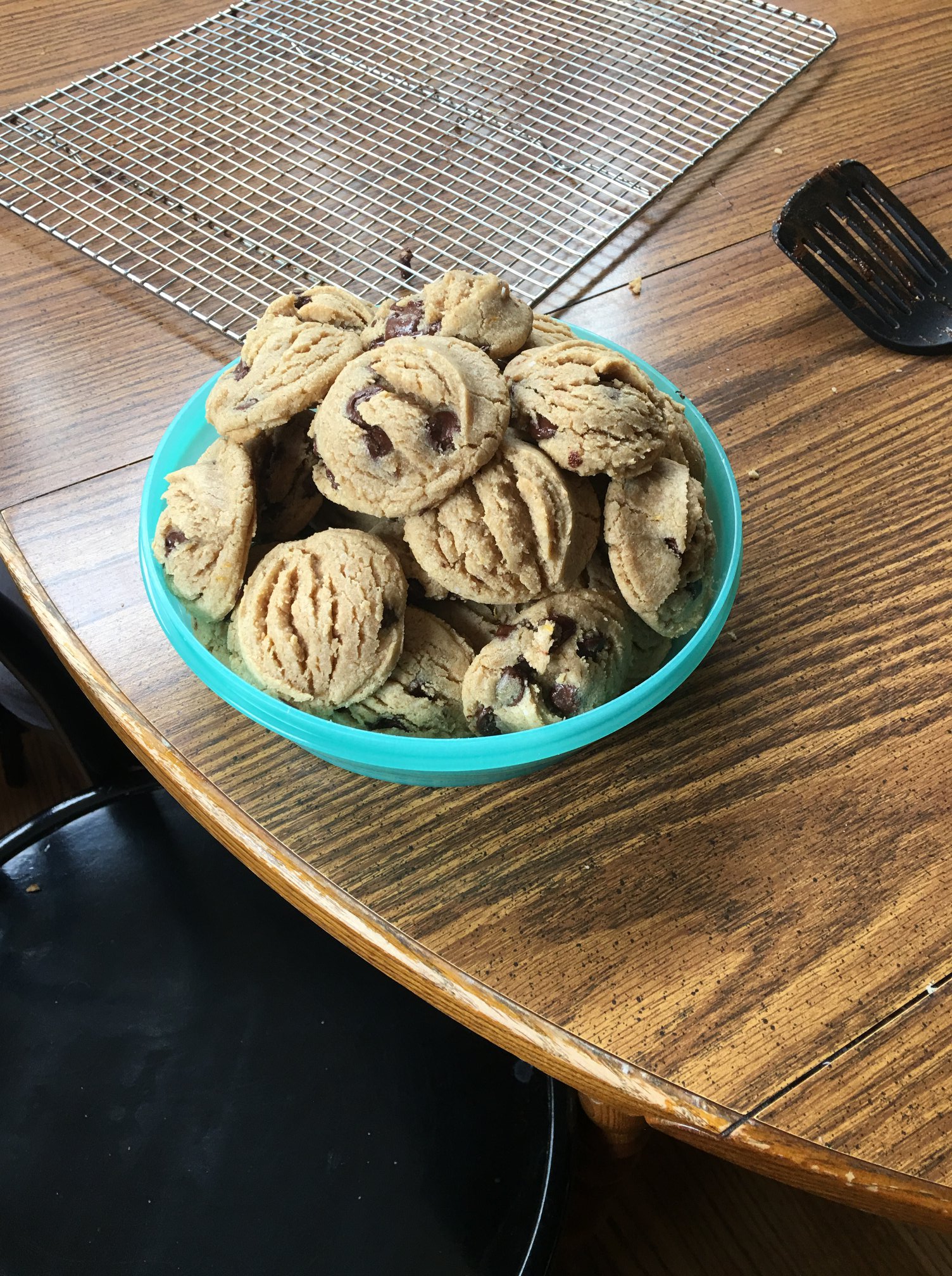
The Bread of Life, with Chocolate Chips
Today I am pleased to present a guest post from a good friend of the blog, Samuel Morris Brown. I learned to cook when my wife was recovering from cancer surgery. There’s a hollowness, kindred to cancer, hungry to swallow you up when a beloved’s life is threatened. I still remember, with a soul-deep ache,…
-
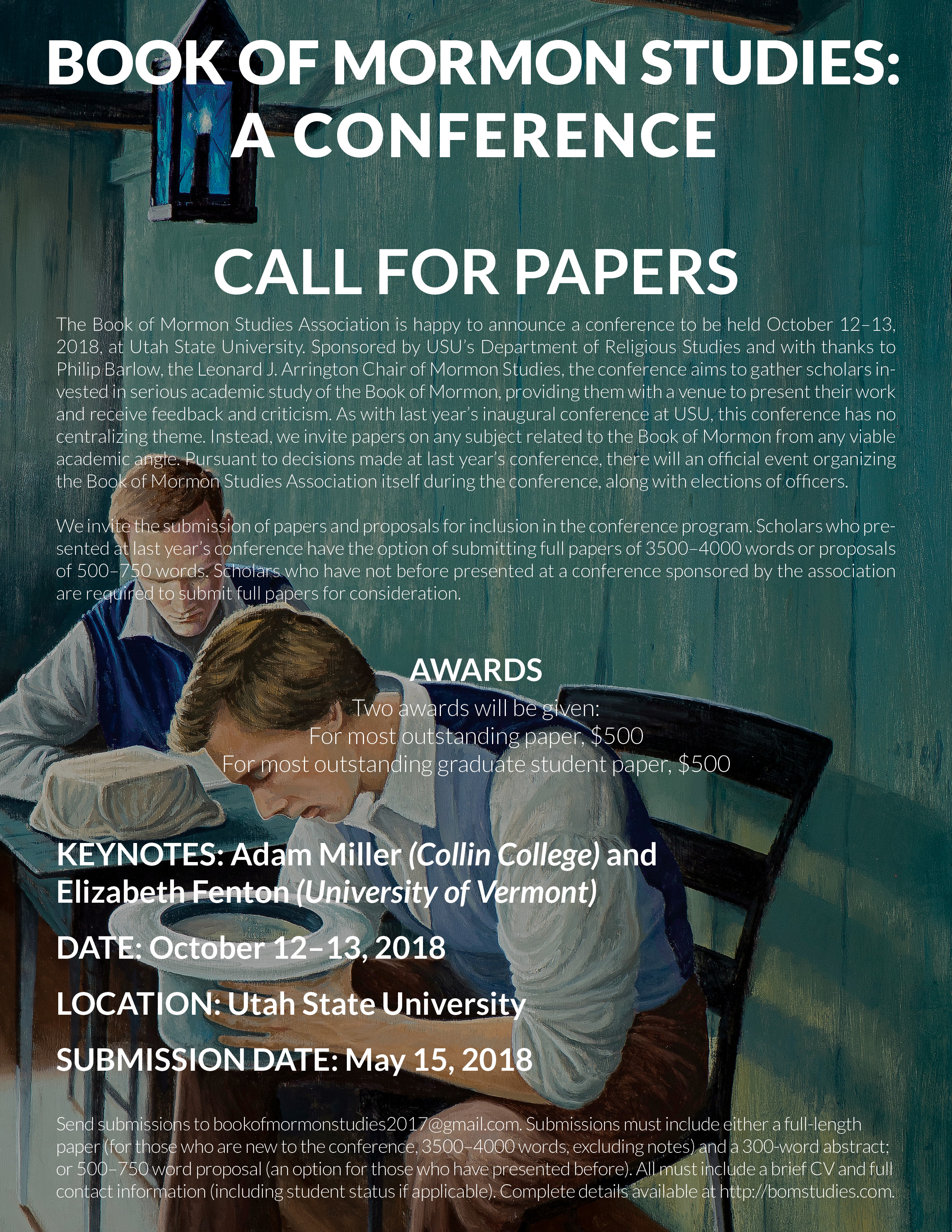
-
2018 UVU Mormon Studies Conference: Heaven & Earth, Feb 22-23, 2018
Heaven & Earth Mormonism and the Challenges of Science, Revelation and Faith February 22nd – 23rd, 2018 Classroom Building, Room 511 Utah Valley University Program PDF here; conference website here. The relationship between science and religion has been among the most fiercely debated issues since the Copernican revolution displaced traditional wisdom regarding the nature of…
-
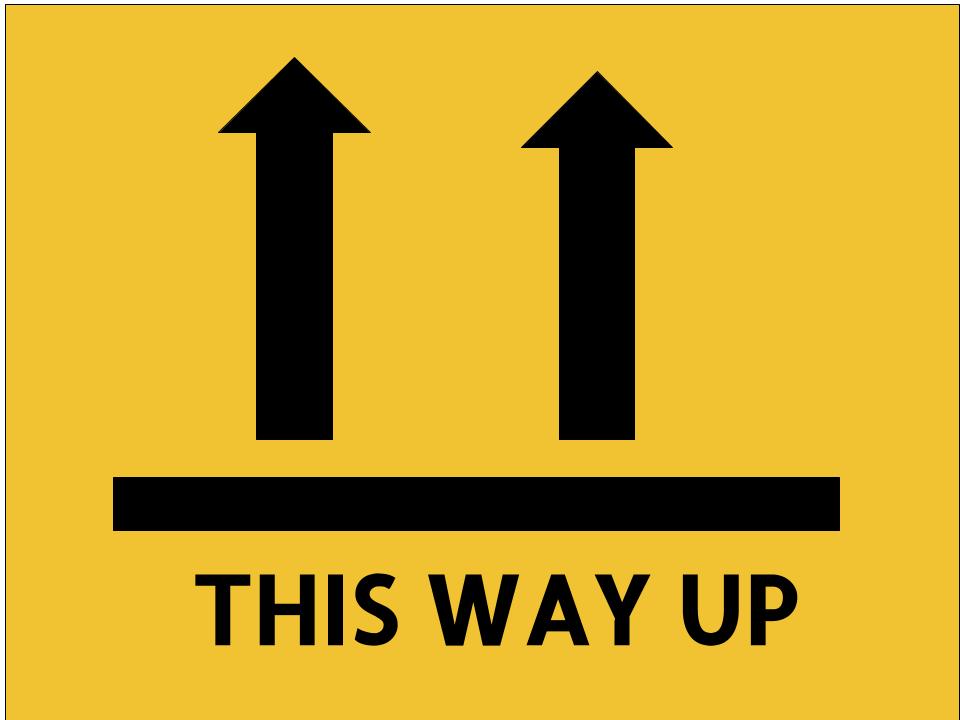
“This Way Up”: An Outline for LDS Primary Temple and Priesthood Preparation Meeting
I’m excited about this new meeting. I’ve created a sample teaching outline for Primary presidencies below, so if that’s what you’re mainly here for, scroll down. For those who are interested, though, here’s how I’m thinking at this early stage about the deeper structure and future possibilities for this meeting. The pairing of priesthood power…
-
Call for Applicants: The Fifth Annual Summer Seminar on Mormon Theology
“Are We Not All Beggars? Reading Mosiah 4” Cittadella Ospitalità, Assisi, Italy June 17–June 30, 2018 Sponsored by the Mormon Theology Seminar in partnership with The Laura F. Willes Center for Book of Mormon Studies, The Neal A. Maxwell Institute for Religious Scholarship, and the Wheatley Institution In the summer of 2018, the Mormon Theology Seminar,…
-
Housework, resentment, and power, in a different light
For a period of my marriage I harbored resentment toward my husband, unfailingly gentle and hard-working, over questions of housework. It was all utterly typical. I felt my work was unappreciated and invisible to him. I felt I was left with more than my share of the work generated by the kids and the household.…
-

Follow the Prophet to Jesus: A Sharing Time or Family Home Evening Lesson Plan
This summer, I spent memorable hours in conversation with friends about our discourse of prophets and prophecy in the Church. So many of us have witnessed disillusionment and anguish when friends lose trust in church leadership. Often, a covert message of prophetic infallibility has been conveyed in childhood church experiences, a belief that inevitably crumbles…
-
Primary Sharing Time Lesson: All Are Alike unto God
This month’s Primary Sharing Time outline provides two weeks to cover the topic of the Sabbath. Because our presidency covered the topic well last week, I’ve created an alternate Sharing Time lesson plan. Given recent events in the US, I focused the lesson on respect for human difference and universal equality. The lesson draws on…
-
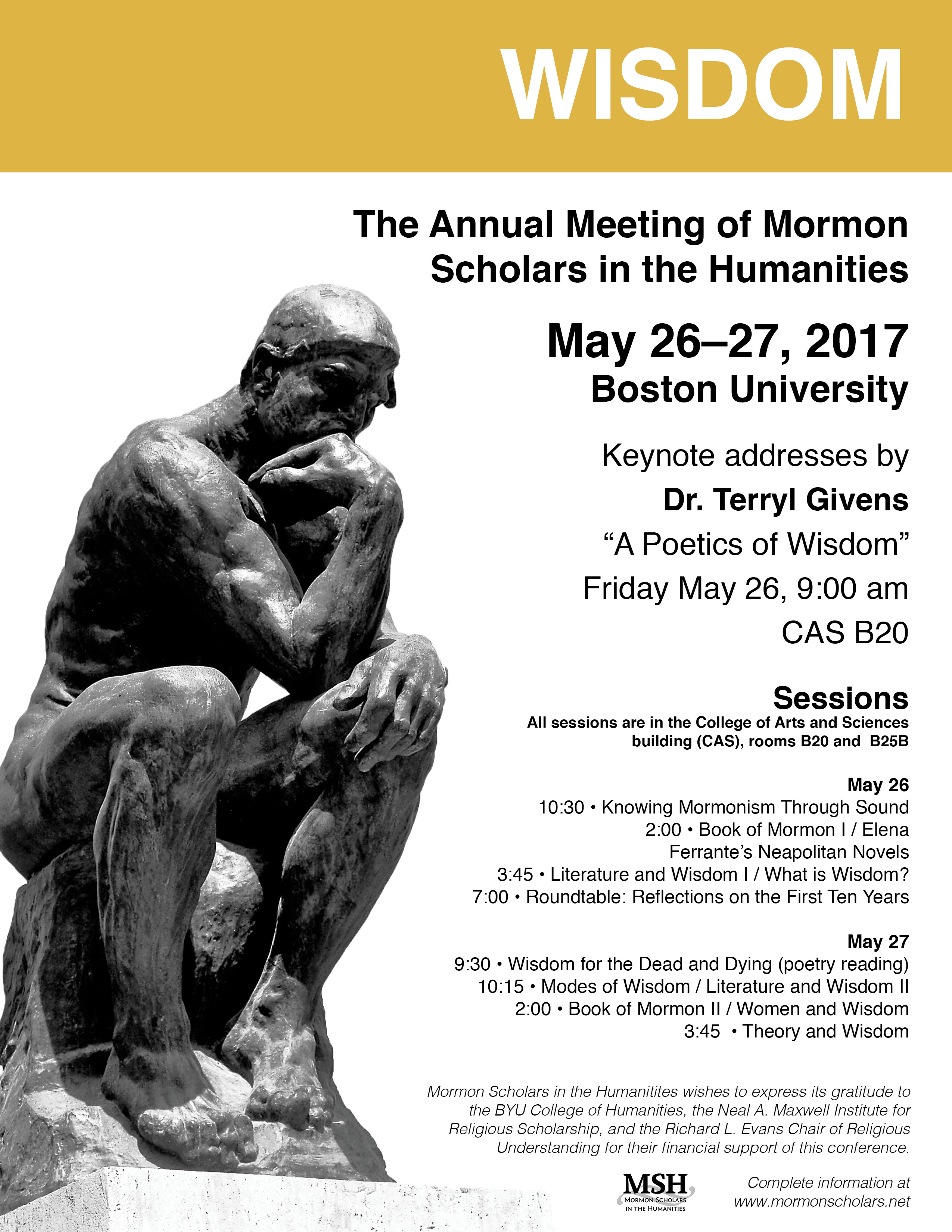
Mormon Humanities Conference, May 26-27, Boston University
Attention Eastern Seaboard! The annual conference of the Mormon Scholars in the Humanities will take place this week, May 26-27, at Boston University. The conference is open to the public and all are welcome to attend. The keynote address will be given by Terryl Givens, Friday at 9 AM. Tickets are available for the Friday evening…
-
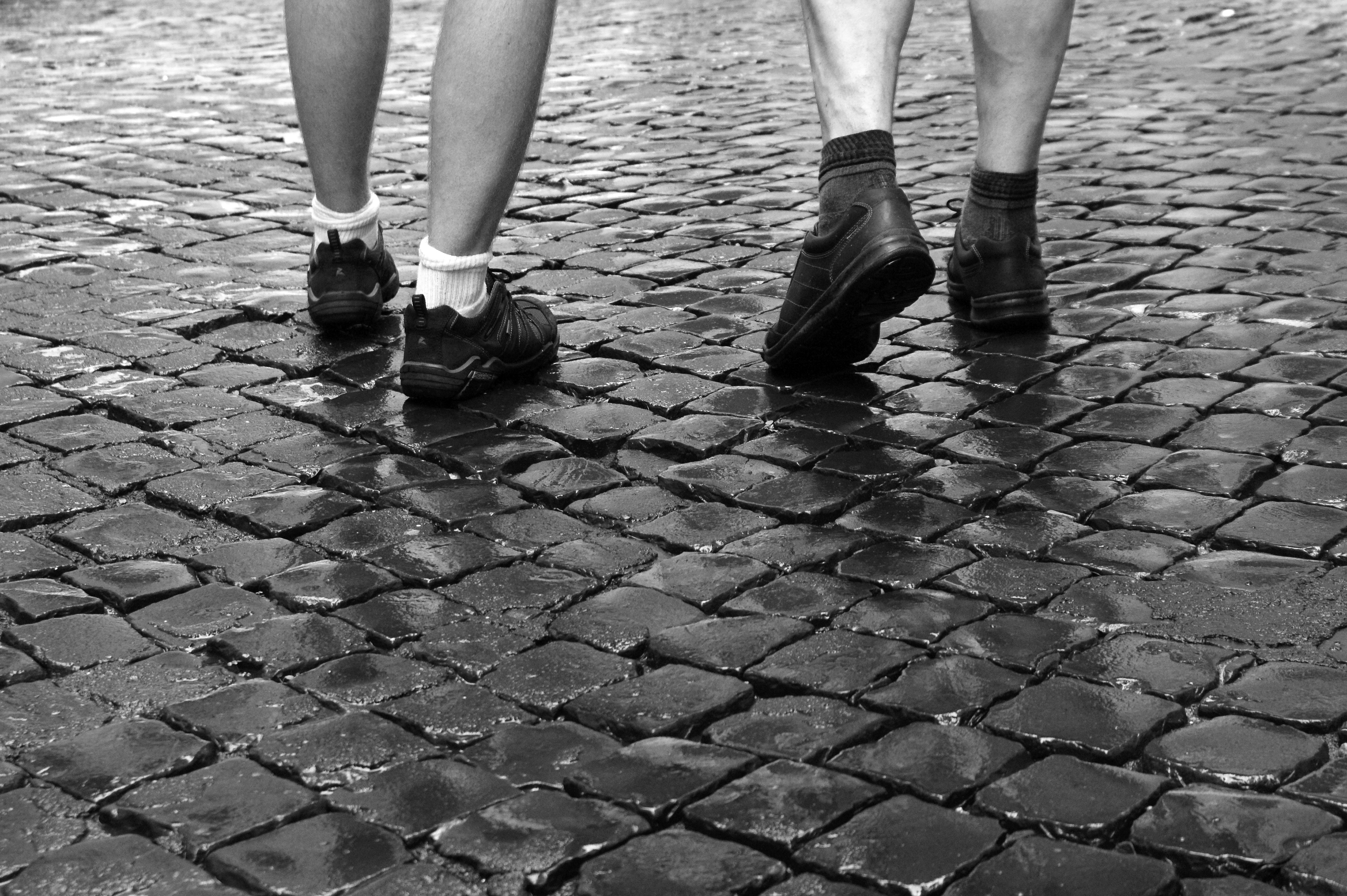
Through faith and doubt, I’ll walk with you
I was invited to speak at a recent Relief Society conference on the topic of nurturing relationships through faith and testimony transitions. I post my remarks here by request, and because I haven’t blogged in forever. About ten years ago my sister Gabrielle looked like a typical young Mormon mom. She had a three little…
-
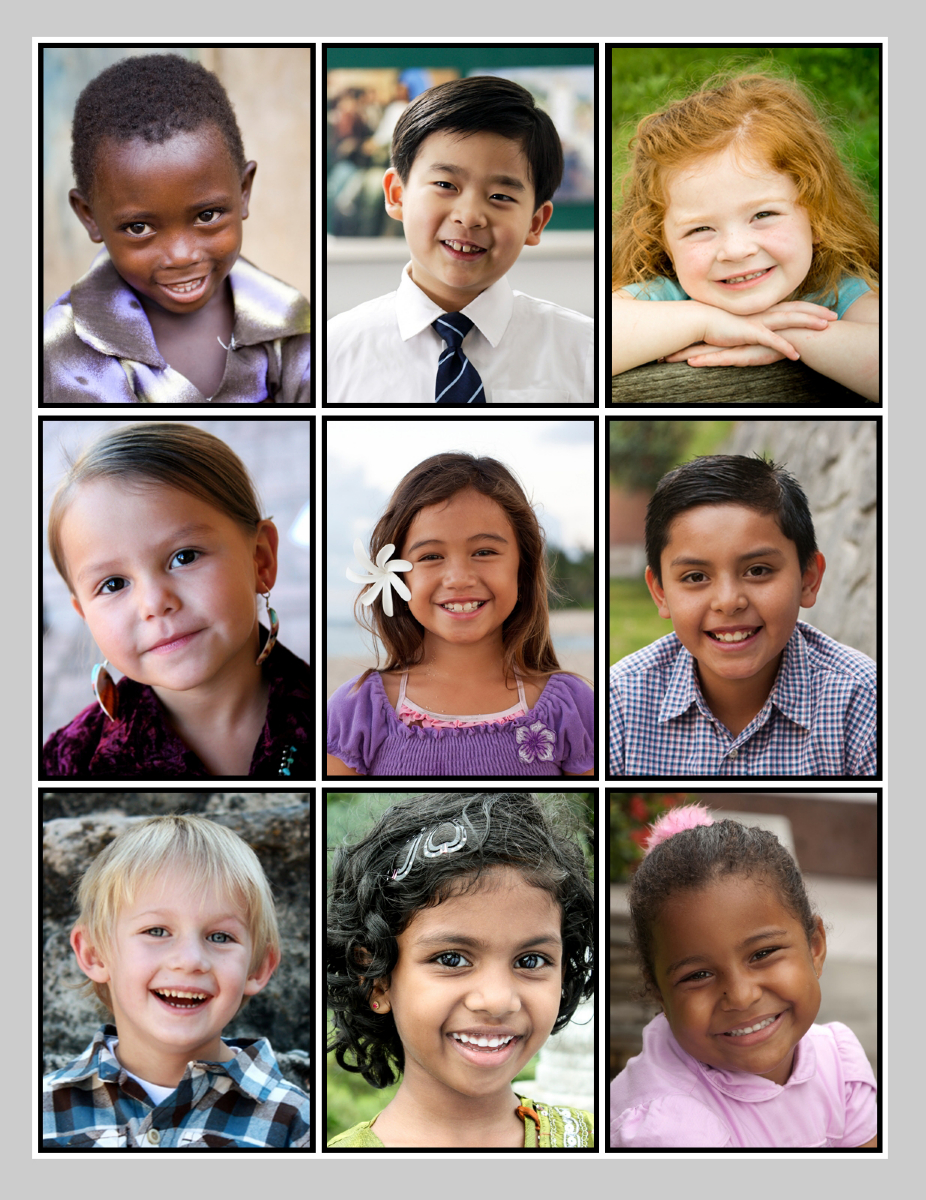
The Primary Program: Reflections and lessons learned
And now for something a little different on T&S… This past Sunday our ward Primary presented its annual program. As I was writing the program last month, I appreciated seeing sample scripts and reading other Primary leaders’ reflections online, so I thought I’d make our script available here together with a few older-and-wiser observations. This…
-
Conference of the Mormon Transhumanist Association, April 9, Provo City Library
I was a radical feminist for about 48 hours in 1995. Sitting in the Marriott Center as a 20-year-old BYU student, I listened to President Hinckley read the Proclamation on the Family for the first time to the assembled masses. And oh how I seethed! It felt intolerable to be defined from outside, to be told…
-
Free conference, April 14, at Christ Church, Oxford: Temporality and the Sacred in Religious Practice
Former T&S blogger (and permanent T&S friend) Jim Faulconer and philosopher Marc Wrathall, currently at UC Riverside, are co-sponsoring a free conference on the character of religious existence, with particular emphasis on the experience of the sacred and the temporality of religious practice. The one-day even will take place on April 14 at Christ Church, Oxford. The…
-
12 Questions with Tod Harris, Church Translation Department — Part III
Today I am pleased to present the third and final part of our interview with Tod Harris, manager of scripture translation support for the LDS Church. In Part 1, Tod walked us through the stages of producing a new edition of LDS scriptures in a target language. In Part 2, he discussed the value of…
-
12 Questions with Tod Harris, Church Translation Department — Part II
Today I am pleased to present Part II of our interview with Tod Harris (the third great-grandson of Martin Harris!), manager of scripture translation support for the LDS Church. In Part 1, Tod walked us through the stages of producing a new edition of LDS scriptures in a target language. Today, he discusses the value…
-
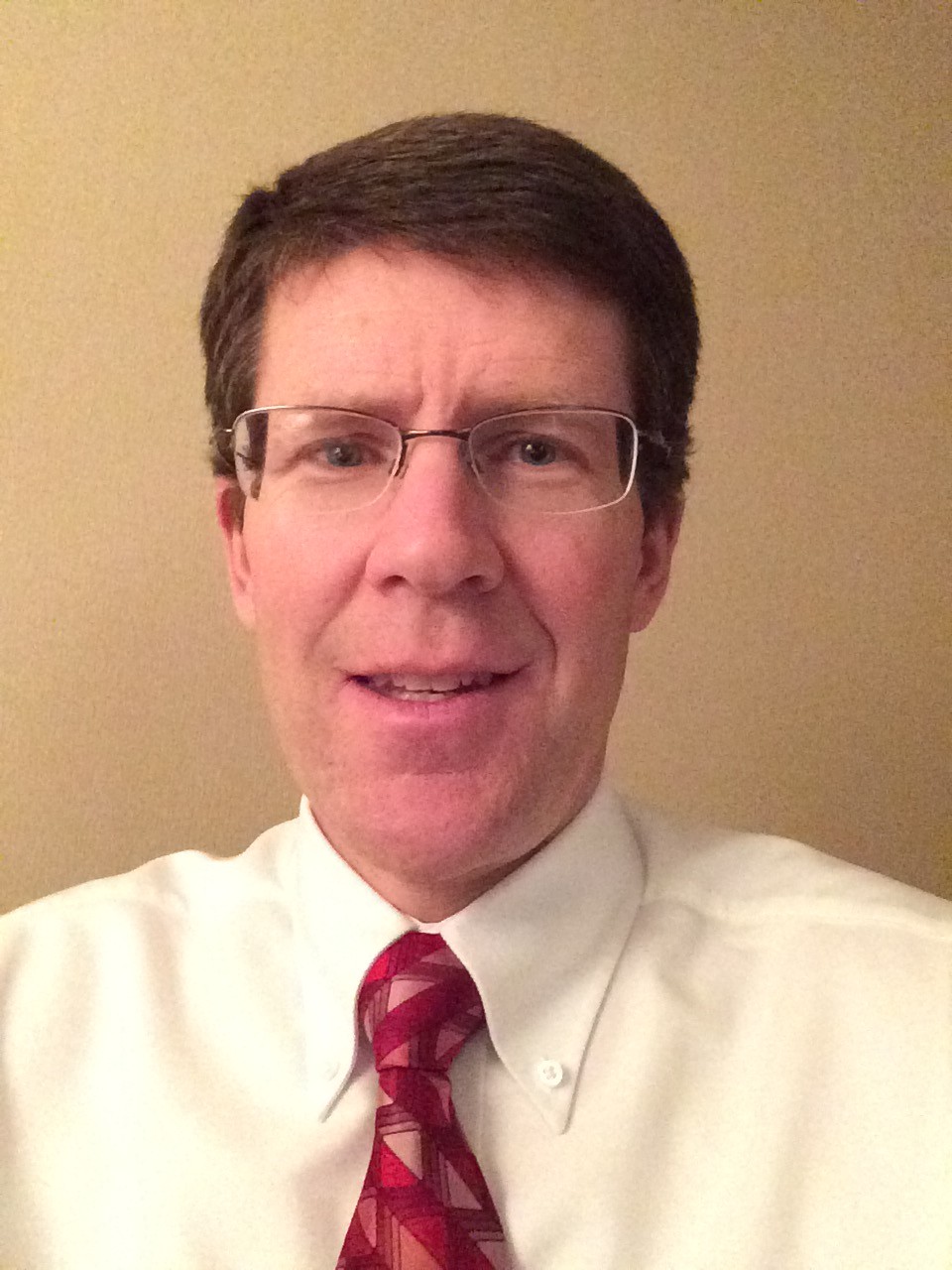
12 Questions with Tod Harris, Church Translation Department — Part I
Last November I met Tod Harris at the AAR-SBL conference and immediately began pestering him with questions about his linguistics work in the Church’s Translation Department. He graciously agreed to be interviewed for the blog, and today I am very pleased to share the first part of his peek into the complexities of the Church’s extensive translation work. Second…
